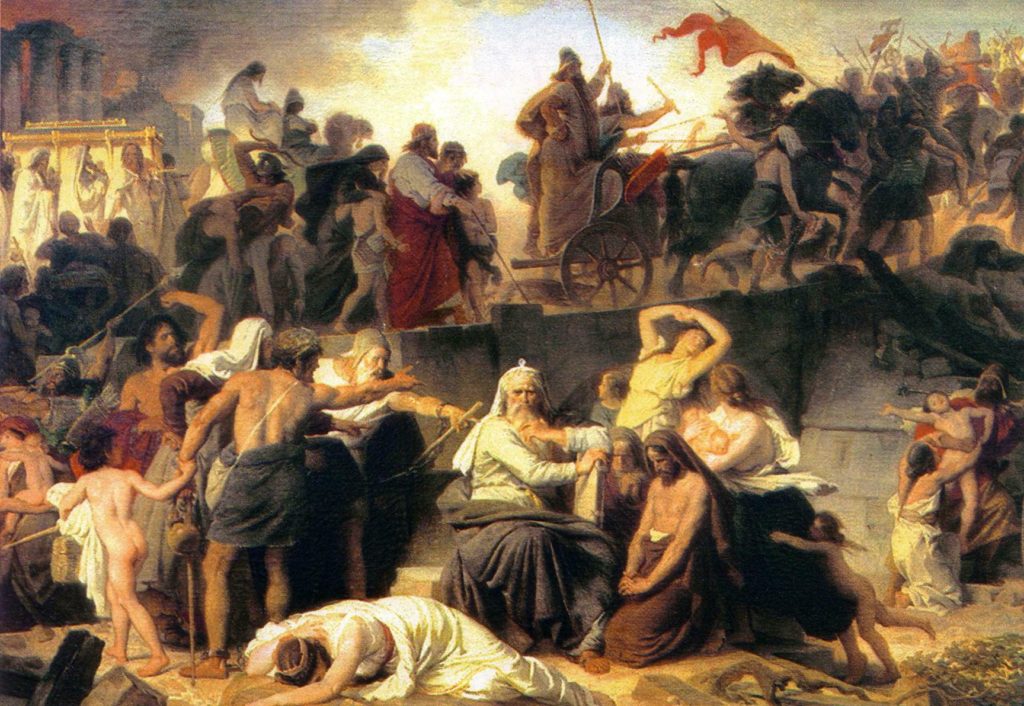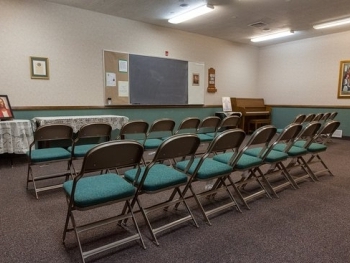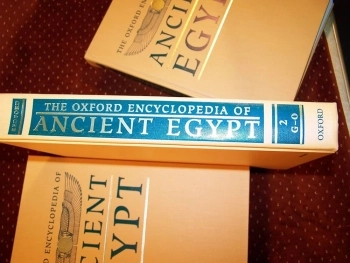The Babylonian Exile, which lasted from 586 to 539 BC, was a period of immense hardship for the people of Israel. During this time, the Babylonian Empire conquered Jerusalem and destroyed the Temple, forcing many of the Israelites into exile in Babylon. It was a time of great sorrow and despair, as the people struggled to make sense of their situation and to maintain their faith in God.
One of the most significant cultural products of this period was the Psalms. The Psalms are a collection of prayers and hymns that express a wide range of emotions, from joy and praise to sorrow and lament. They offer a unique window into the thoughts and feelings of the Israelites during this time of exile, and they provide insight into the ways in which they sought to maintain their faith and hope in God.
The Psalms are deeply rooted in the historical context of the Babylonian Exile. Many of them make reference to the destruction of the Temple and the exile itself, and they reflect the Israelites' deep sense of loss and displacement. They also express a longing for God's presence and a hope for restoration and redemption.
One of the most famous Psalms is Psalm 137, which begins with the lines, "By the rivers of Babylon, there we sat down and wept, when we remembered Zion." The Psalm goes on to express the deep pain and longing the Israelites felt for their homeland, and their hope for restoration and return.
Despite the challenges and hardships of the Babylonian Exile, the Psalms reflect a deep sense of faith and trust in God. They express a belief that God is present even in the midst of suffering and despair, and that he will ultimately bring about a new day of hope and redemption.
Today, the Psalms continue to be a source of comfort and inspiration for many people. They remind us that even in the midst of the most difficult times, we can turn to God for comfort and strength. They also challenge us to maintain our faith and hope in God, even in the face of seemingly insurmountable obstacles.




